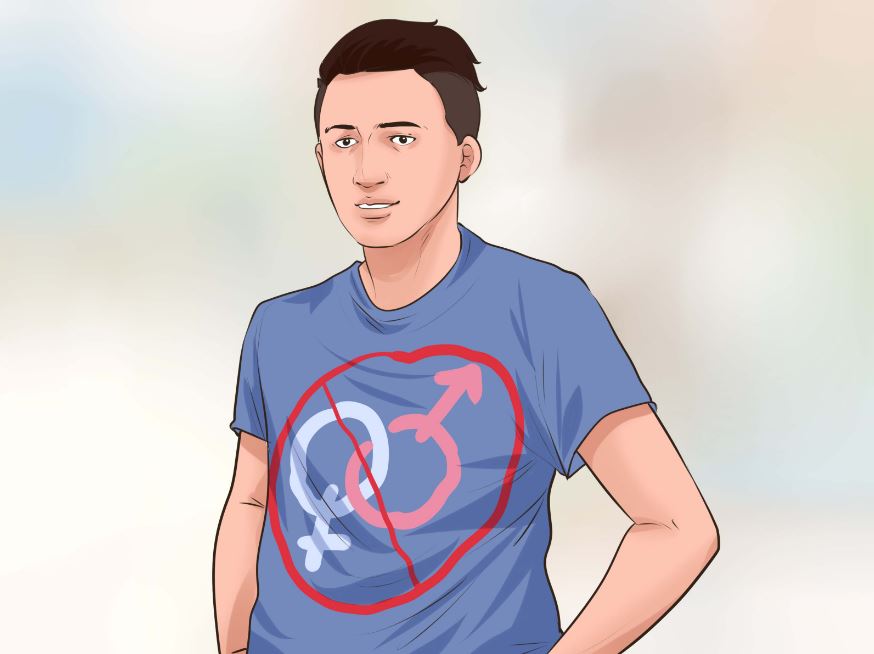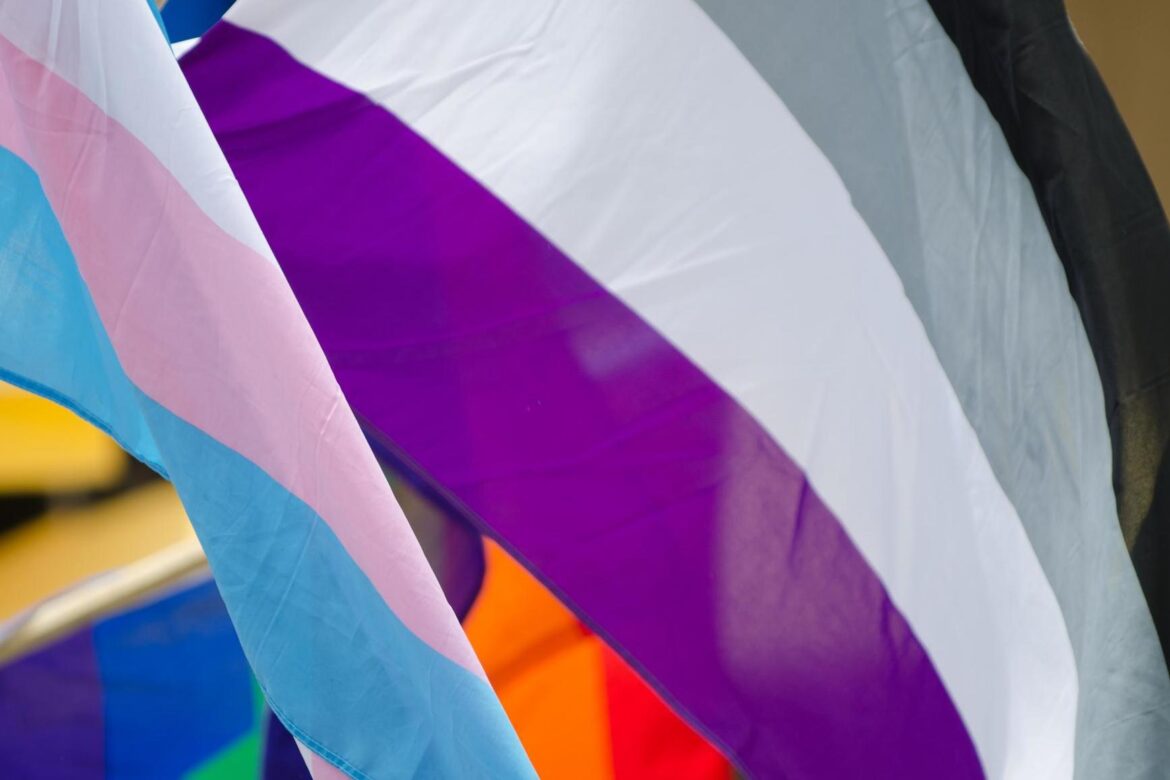For people in a sexual minority, coming out can be a huge part of self-definition. Letting people know that you identify as asexual can bring its own set of complications, but it can also be an important process.
Asexuality usually refers to people who don’t have sexual feelings. Some asexual people, however, may have sexual feelings but no desire to act on them. Some are interested in romantic relationships without sexual activity. Others may not be interested in romantic relationships or physical intimacy. It is thought that around 1% of people identify as asexual [1].
In a recent study [2], 169 asexual people aged 18-25 shared their stories of coming out. Coming out just refers to the process of letting others know you have particular sexuality, which forms part of your identity.
Most of the people in the survey (69 percent) were female, which seems to correspond with other research into asexuality. Overall, 13 percent said they were in a romantic asexual relationship, seven percent were in a sexual relationship, 48 percent were single but seeking a non-sexual relationship, and 26 percent were not looking for a relationship.
Coming out
For some asexual people, there may not be much value in coming out, particularly if they are not looking for sexual partners. However, the study showed that many people found coming out to be a necessary and valuable part of self-definition.

Of the people surveyed, 84 percent had told somebody they were asexual. Most of these referred to this process as “coming out”. The three main motives for coming out were:
- Pressure from family and friends. Such as people asking lots of questions about meeting someone and dating.
- Personal identity. Many people found that asexuality was an important part of their identity, and wanted their friends and family to understand who they really were.
- Looking for a community. Finding other people who identify as asexual can be a great source of support.
Reasons not to come out
Some people who hadn’t come out said they were worried about the reaction. They worried that they might be considered “weird” or “crazy” and that the public hasn’t widely recognized asexuality as legitimate.
Others just weren’t motivated to tell anyone. They only told people when it became relevant which, for many, wasn’t very often.
Reactions from friends and family
Negative reactions that people experienced included disbelief that it was really a thing and dismissal as “just a phase” that they would grow out of.
Positive reactions included friends and family members expressing lack of surprise or even relief as they had known or suspected for a while and were pleased that the person had found an identity to connect with.

Img Source: asexualoutreach.org
Most of those who had come out expressed a sense of freedom and relief, and a growing sense of self. None of the participants expressed any kind of regret, instead of feeling that they were more able to be themselves.
If you are asexual or think you might be, there are a number of dedicated online forums where you can learn more and connect with other asexual people. These forums have been a source of support for many people in connecting with and sharing that part of their identity.
See the links below or, if you’re happy to, please share your own experiences of coming out in the comments for others who might be reading this article.
Links
The Asexual Visibility and Education Network (AVEN)
References
[1] Poston, D. L., & Baumle, A. K. (2010). Patterns of asexuality in the United States. Demographic Research, 23,509–530
[2] Nicolette K. Robbins, Kathryn Graff Low, Anna N. Query (2016). A Qualitative Exploration of the ‘‘Coming Out’’ Process for Asexual Individuals. Archives of Sexual Behavior, 45, 751–760
[3] Bogaert, A.F. (2004). Asexuality: Prevalence and associated factors in a national probability sample. Journal of Sex Research, 41, 279–287

